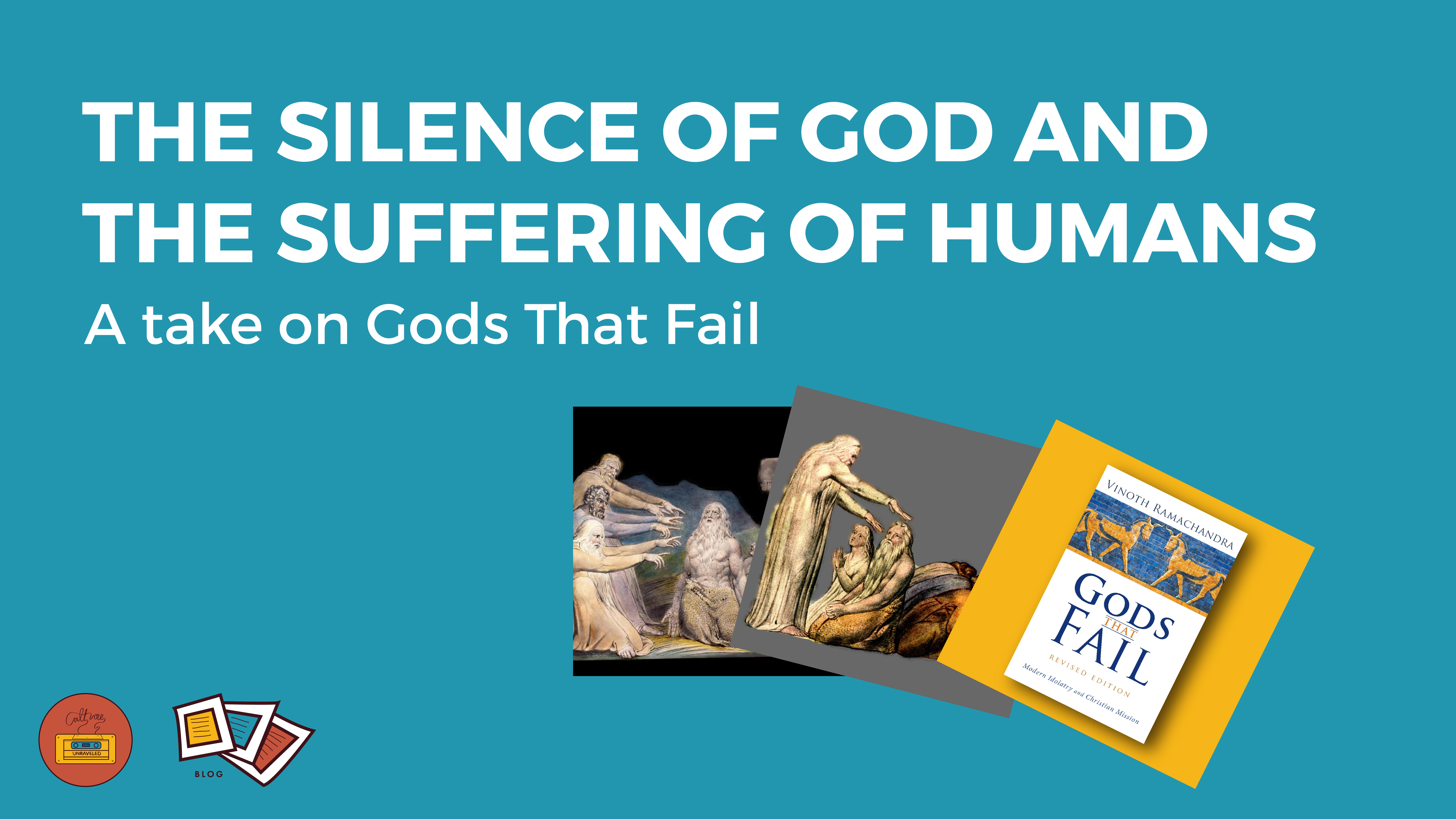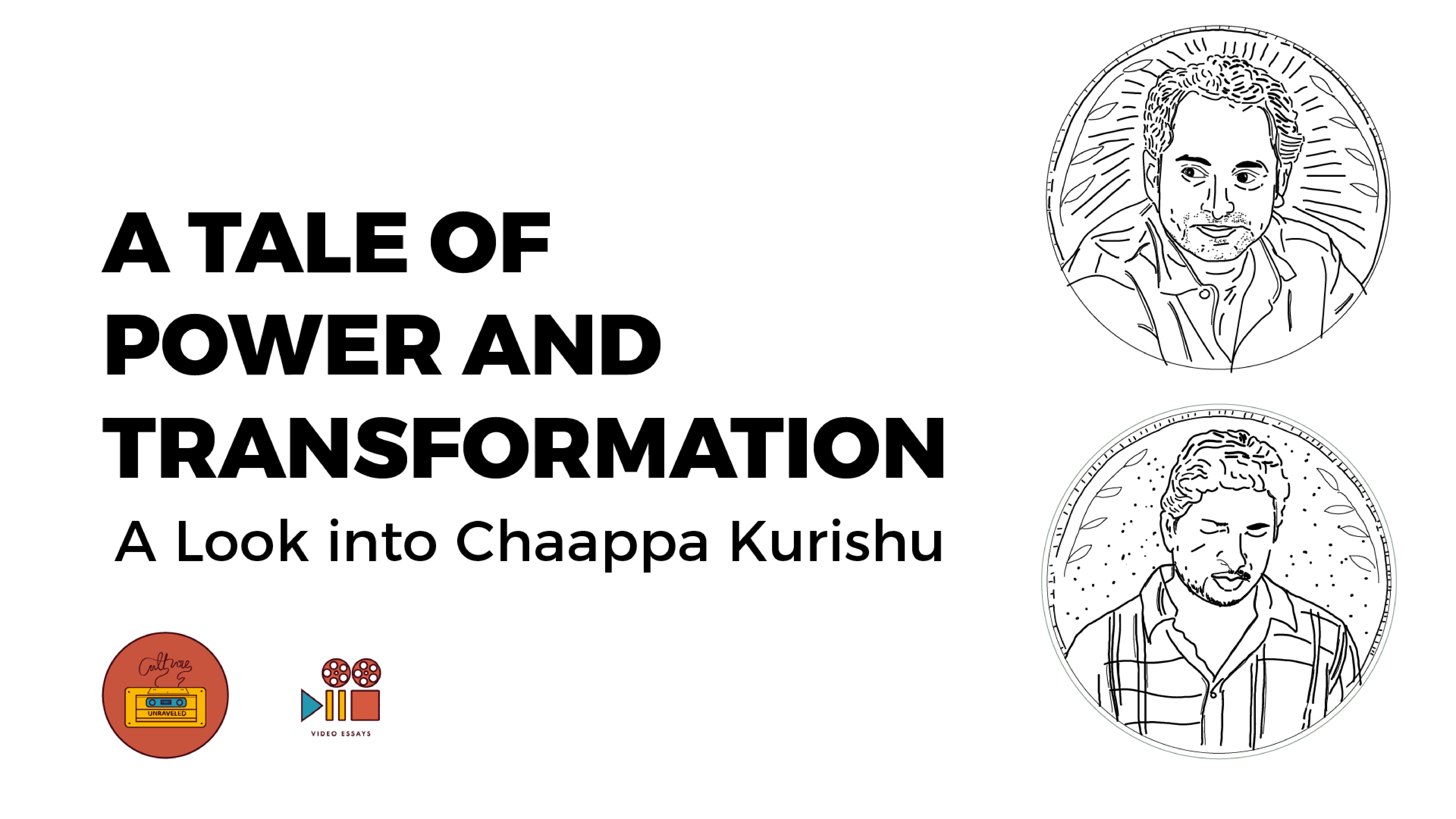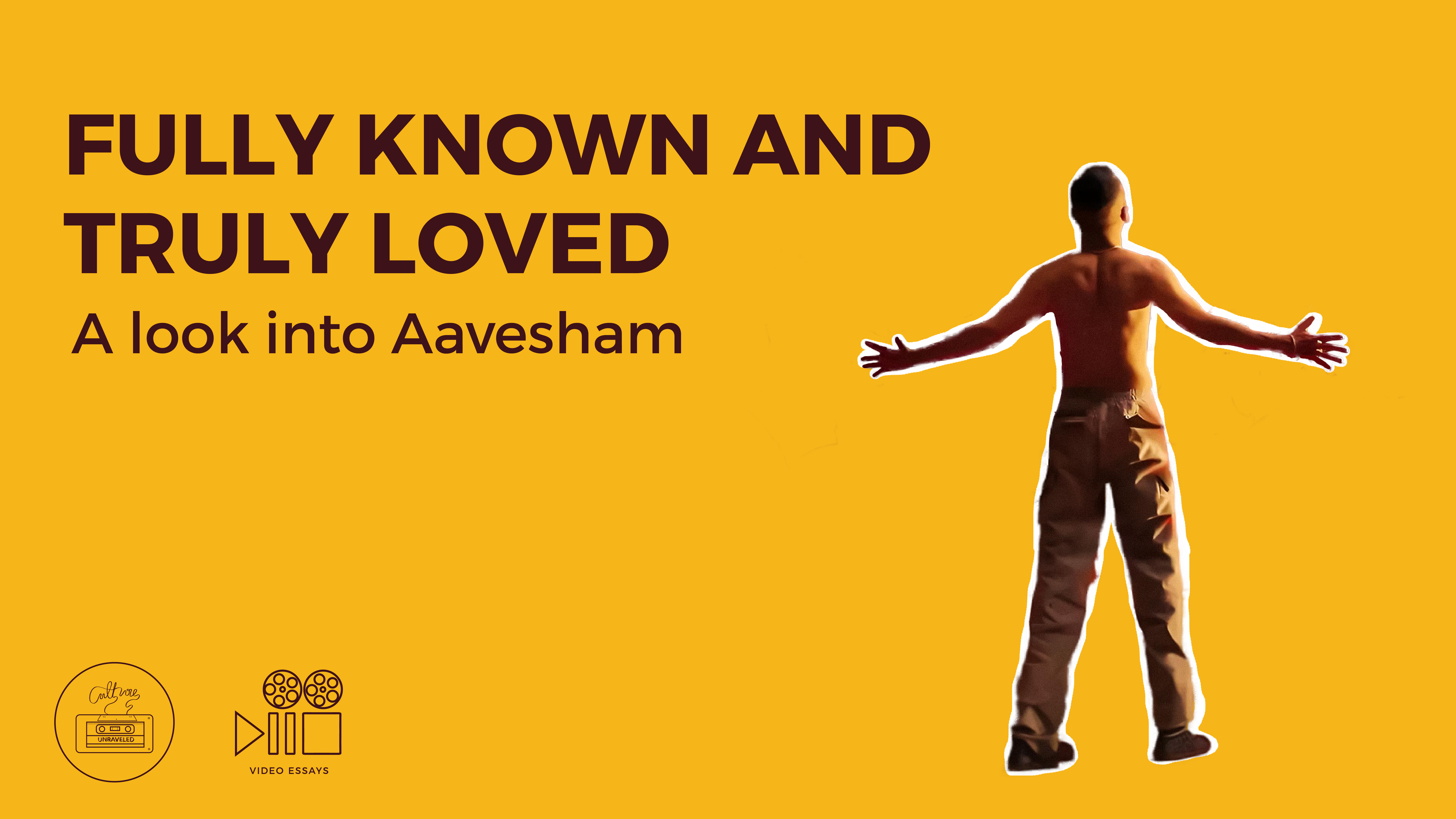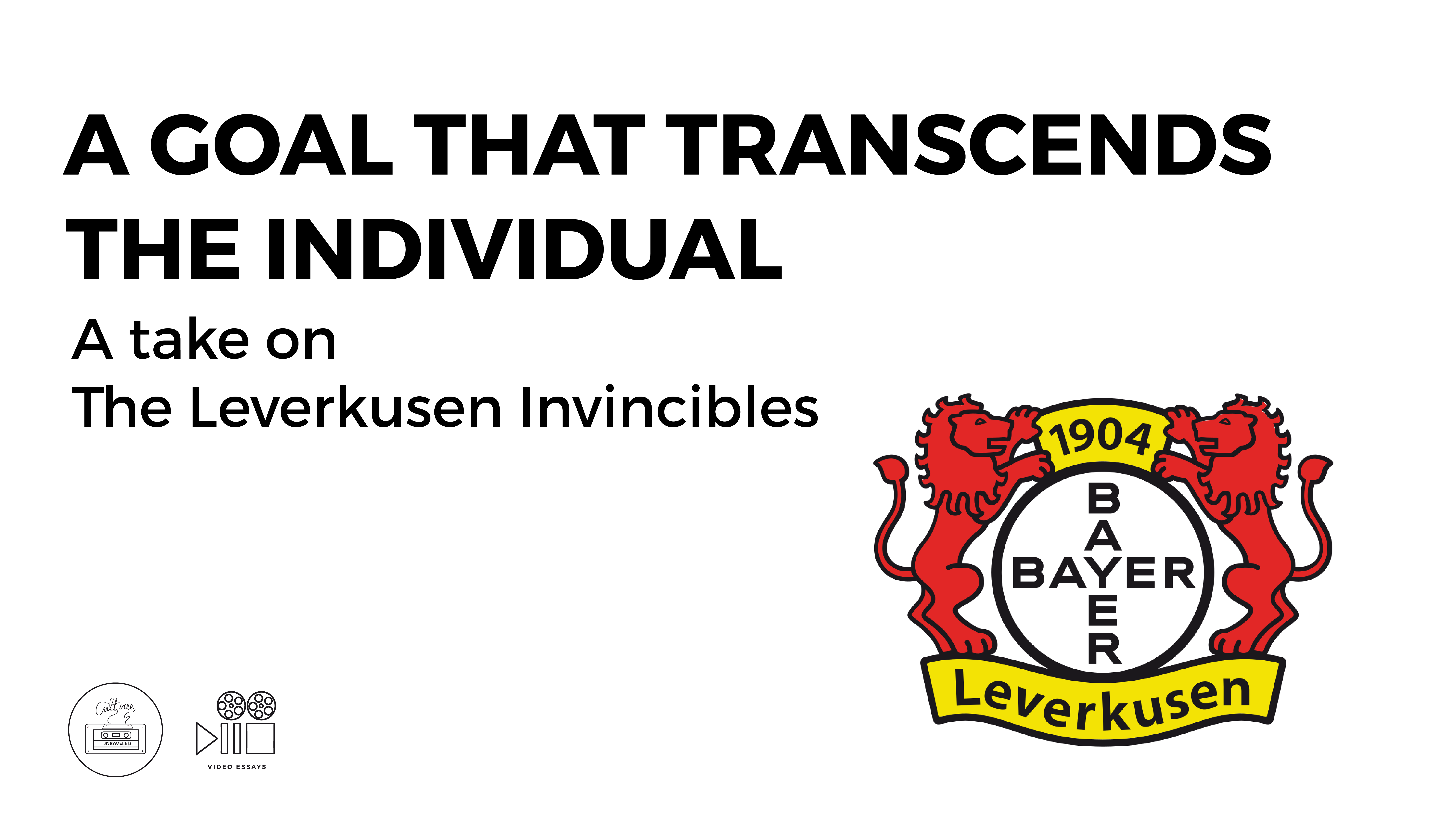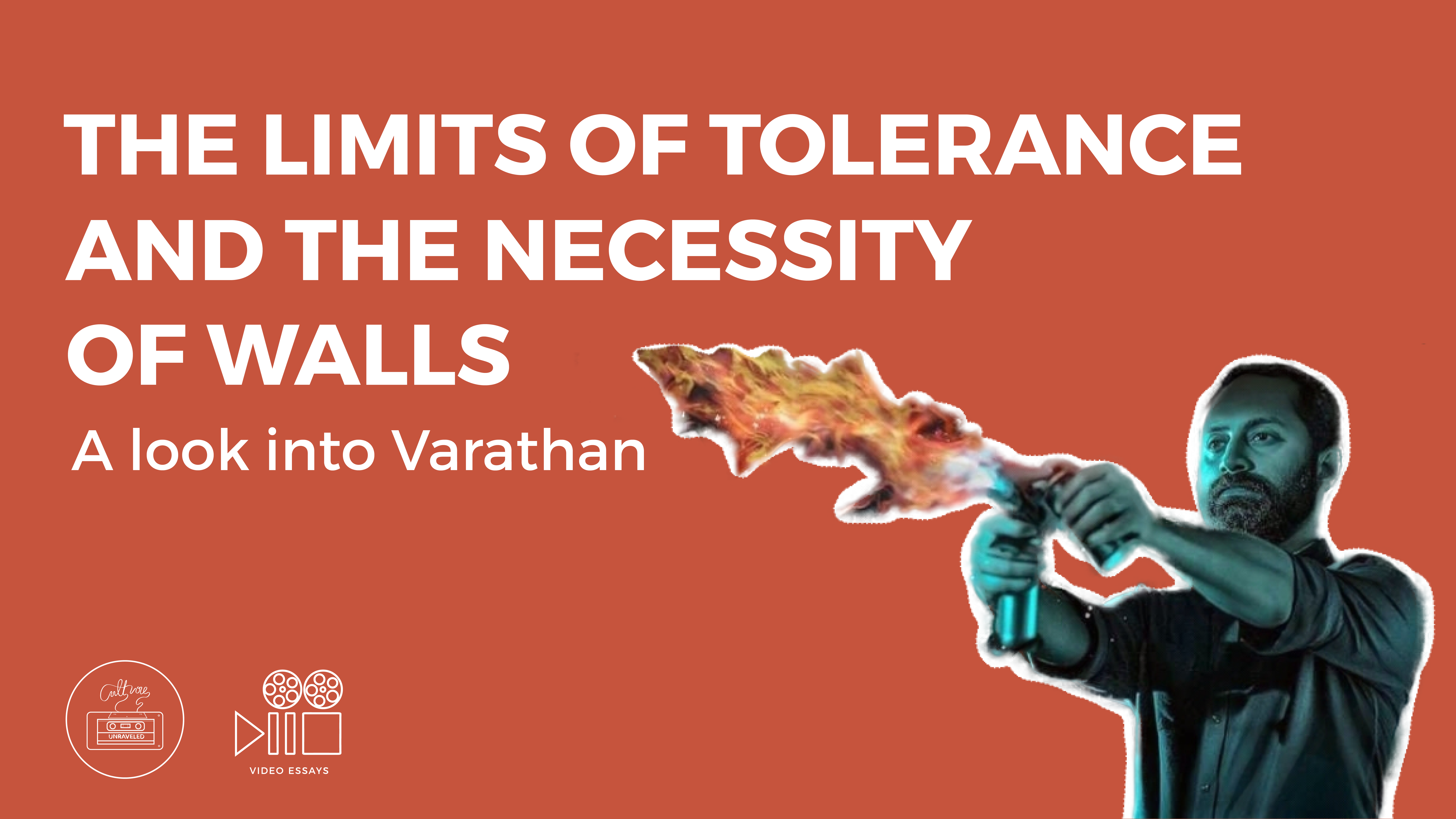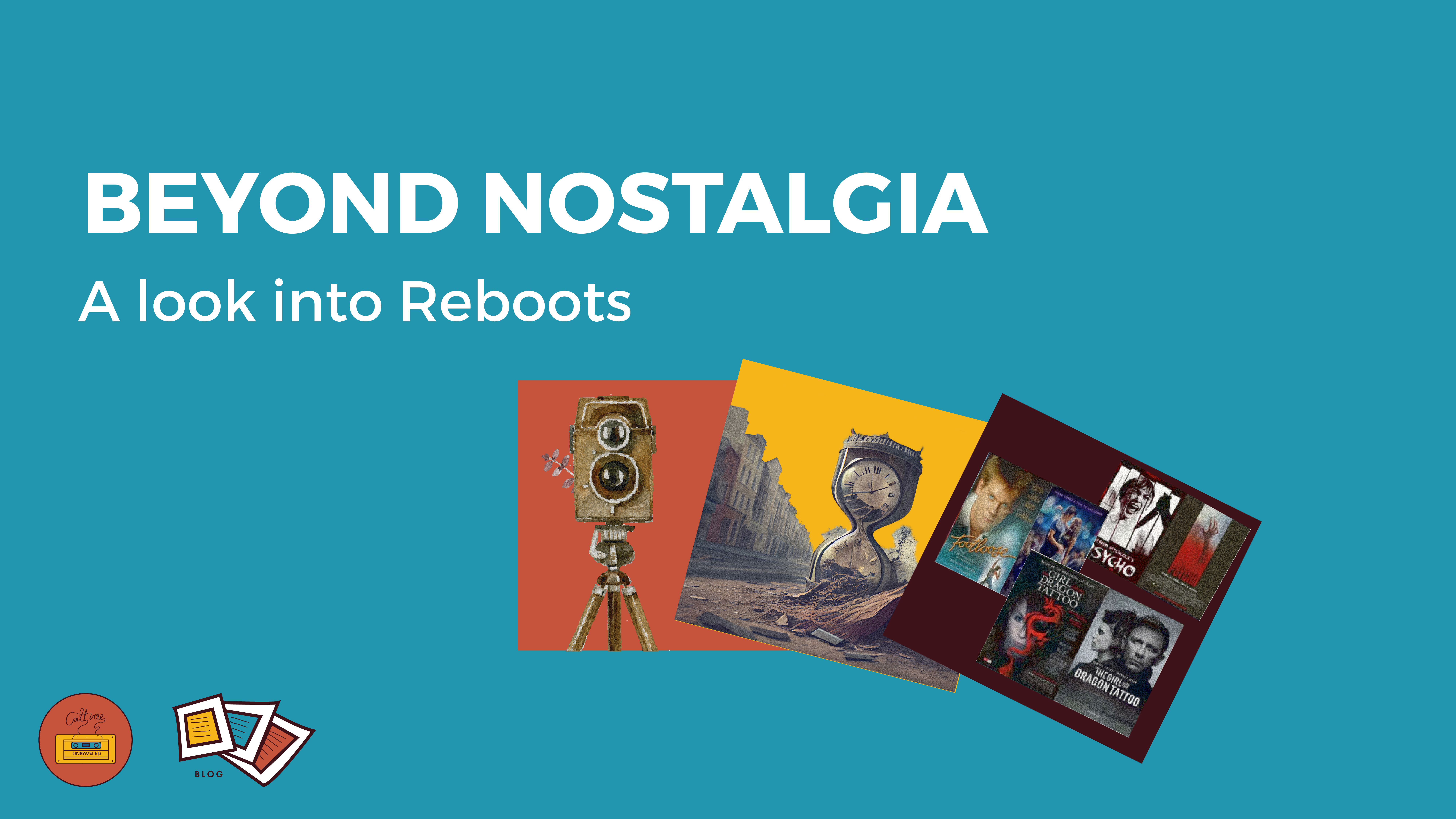
In an age where nostalgia is favoured, repetition is inevitable. This becomes quite glaring after a quick look at the array of remakes and reboots of films made in the last 5-10 years. Much to the chagrin of the majority of audiences, this cycle continues to prevail.
The good thing is that smaller independent studios are picking up on the frustration of audiences and are supporting and producing more original and non recycled stories and films, but the big studios that still control the majority of film production worldwide seem to be content with sticking to this lucrative and safe but stale mode of operation.
But what studios might benefit from is moving from simply rebooting an old franchise, to understanding the ideas, themes and truths that exist at the foundation of the original films that made them so iconic and memorable in the first place. Of course, to utilise the nostalgia factor, a certain amount of franchise imagery helps but it only plays on the surface level emotions of the audience.
Whereas if these studios were to delve into the profound narratives and themes that underpin those classics, and create new franchises and original films based around similar ideas, it would likely result in a greater emotional connection and longer lasting memory of the film. In fact, this idea could in fact be applied in many different areas.
In a postmodern world, much of the profound and meaningful things from the past tend to decrease in their cultural value due to seeming anachronistic and outdated. For example, certain historical figures, literature, religious texts, comedians, etc. can easily be misunderstood and mischaracterised by an avoidance of relevant context.
Now this doesn’t mean that there might not be some things that have little to no relevance to our
current times or might even be justifiably characterised as outdated, but what it does mean is
that there is still a huge amount of value, meaning and wisdom from the past that we might be
missing out on simply because we’re unwilling to look at the context of it and therefore deem it outdated.
Now where things might get tricky is when we try to reformulate the entire meaning of those things from the past to suit our current times and culture, but we change it to such an extent to where it no longer resembles the original at all but still identifies as the same.
It’s the same with remakes. What infuriates audiences the most is when a film is staged as a remake of an older beloved film or franchise but changes it and updates it for current culture so thoroughly that it loses what was special about it in the first place, but it still uses the same name and franchise as the face of it.
So perhaps a way to toe that thin line and maintain a good balance would be to appreciate things from the past for the wisdom and meaning they can offer us, apply it to our current time, while being cognizant that we don’t change the core meanings of it. It is the truth and
meaning behind these things that remain the same throughout history and that is why they are so profound and timeless, but it is the applications and lens through which we look at and understand those truths that evolve.
_________________________________________
Written by Ben Joshua




